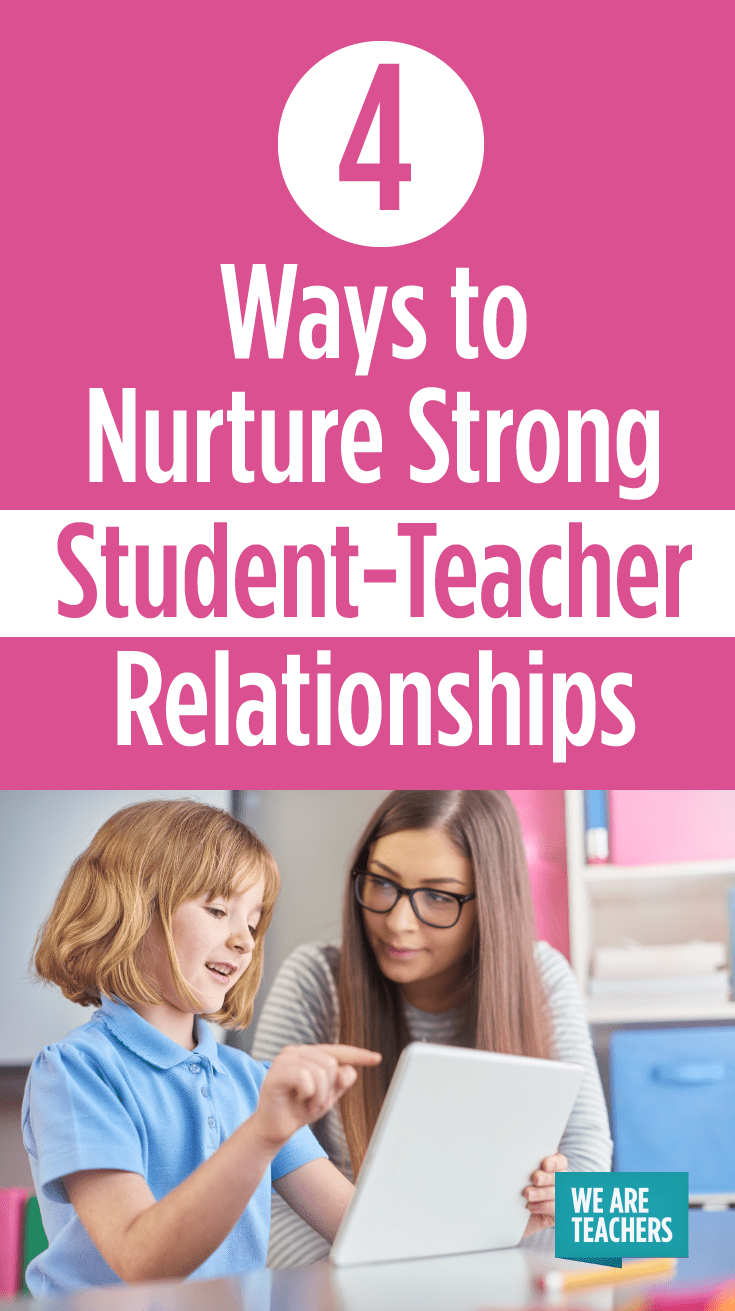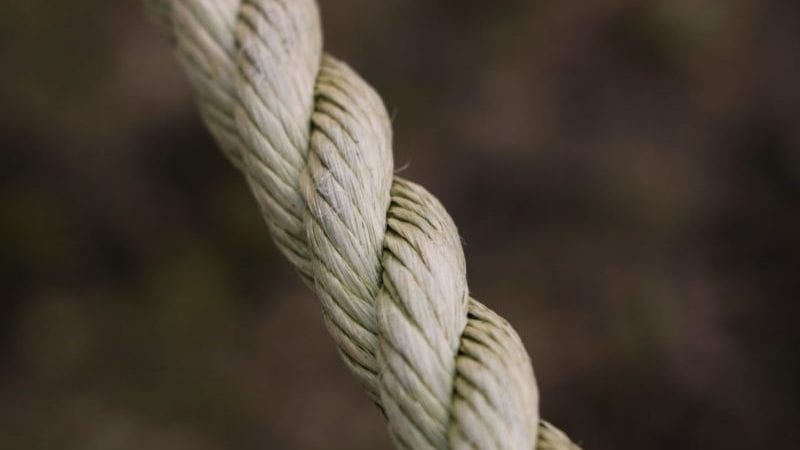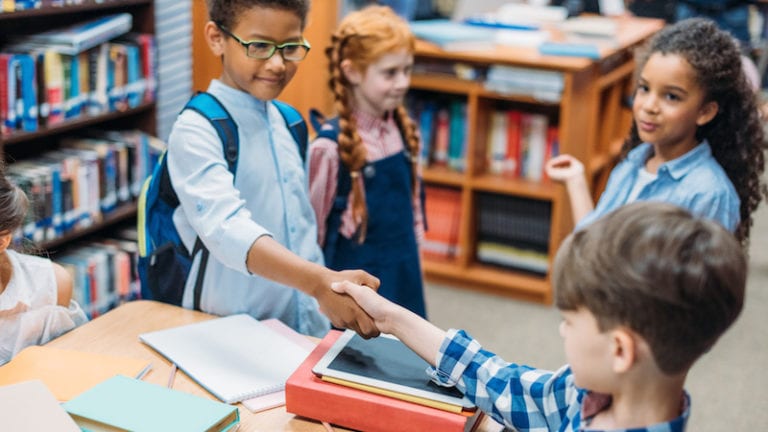I never considered myself a scientist. If you asked me to prioritize my subjects in high school based on interest, I would have said I liked English over Science. Then, I had a science teacher who took the time to build a student-teacher relationship with me, and that changed my path forever. Here are four steps you can to take to show students you believe in them, and build a strong student-teacher relationship that lasts:
1. Make choosing to learn feel like winning
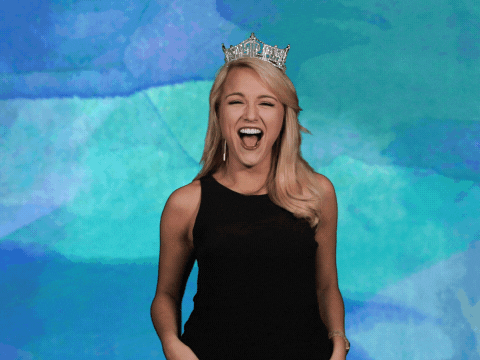
My science teacher, Dr. Pavlica, asked me to apply to his new research class. It didn’t interest me … at all. Despite my lack of enthusiasm, he recruited me like I was a star athlete who needed to try out for the team. Anytime I saw him he would ask, “Have you applied for the class yet?” After about the fifth time of hearing his questions, I finally asked, “What do you mean by apply? Don’t you just sign up for a class?”
“This is a different type of class. You have to apply and then we accept the top students,” he said.
This piqued my competitive nature. The next thing I knew, Dr. Pavlica interviewed me and then, accepted me into his class.
2. Encourage students to follow through on curiosity
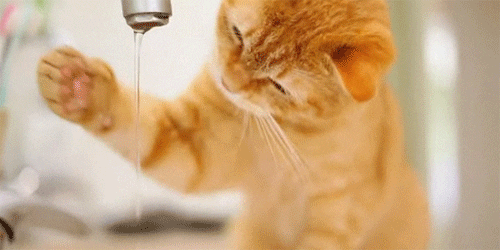
In that science class mentioned above, we could choose any topic of interest related to a field of science. After selecting an area of interest, we were to use the scientific method to analyze the chosen research. The fact that I could pick any area of science allowed me to explore something I found interesting. I liked working with children so I chose child psychology. The research question I asked, “Are there gender difference between preschool children at play?” Other students explored areas of biology, chemistry, and physics.
It was the first time any teacher asked me what I was interested in and meant it.
3. Show students how to find a mentor
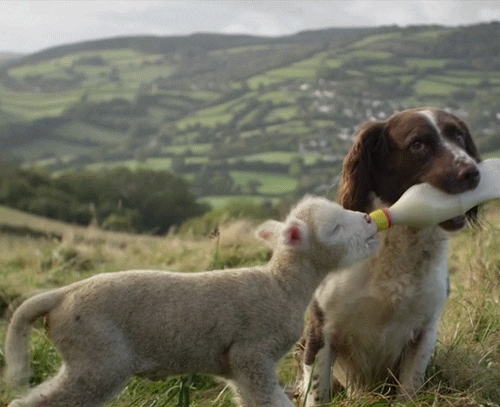
Since my teacher’s area of expertise was Biology, he didn’t know enough about child psychology to assist me with my interest in it. But that didn’t stop him. He arranged for me to meet with a college psychology professor to discuss my findings and teach me how to write a research paper. The paper was entered into the Westinghouse Science Talent Search Competition (now called the Intel Science Talent Search). I was one of 40 finalists nationwide selected to go to Washington D.C. and I had the honor of meeting President George H. W. Bush.
The experience taught me that I could use my passion out in the real world, and it was all thanks to my teacher, Dr. Pavlica.
4. Believe in your students and they will believe in themselves
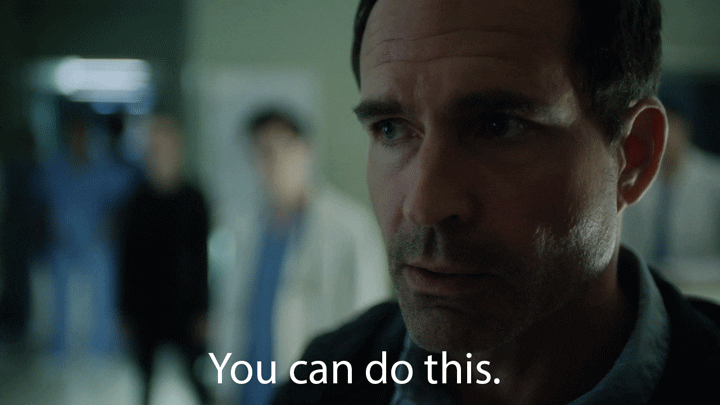
Dr. Pavlica believed I could become a successful science research student. He saw an ability in me that I didn’t see within myself. His encouragement and persistence enabled me to participate in a class I normally wouldn’t consider. He changed my perception and helped me to pursue an undergraduate and graduate degree in psychology.
Any teacher can do what Dr. Pavlica did and build a strong student-teacher relationship. All it takes is one interested and supportive adult in a child’s life to make a difference.
